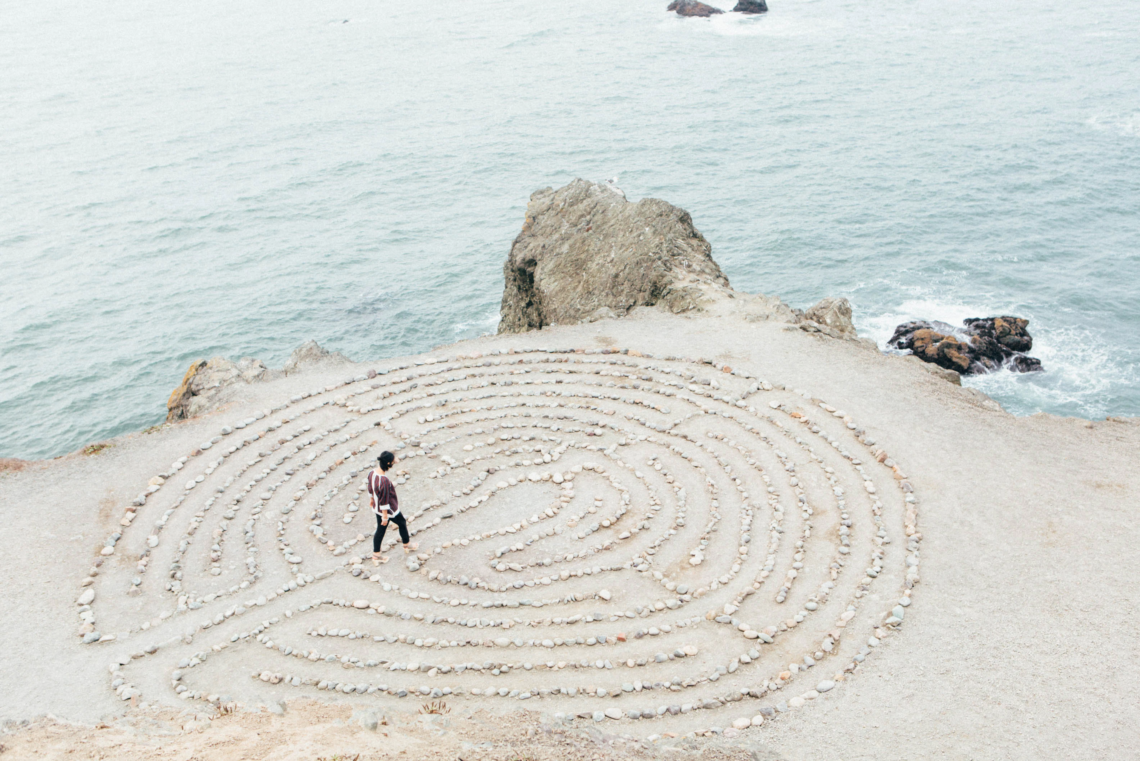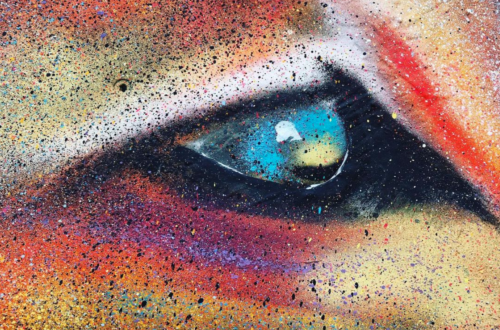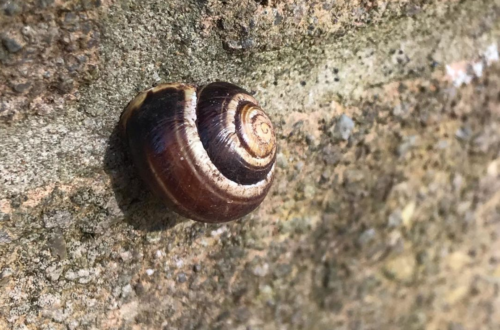
Silent healing
On some days, especially midway through the week, I feel really sad. I feel desperate to get on the bus and go to the city centre. Grab a coffee. Walk at the Waterfront. Visit a bookshop, or a florist maybe. Just do the ordinary things. You see, after years of social isolation, I have actually appreciated those ordinary things since I have moved to Bristol. I do not need a pandemic to remind me just how much I love my simple freedoms – freedom to move, to travel, to meet friends. For a long time, I did not take them for granted.
So these days my voice is very silent. It feels very different to suffer from isolation where you are not one of the few, but one of many, one of all. If you happen to be from the EU, you know what I mean. In the last five years in the UK, I have aged a century.
I finally feel accepted and supported by my colleagues and friends. Now that my Brexit scars have healed and we all suffer collectively, I spend a lot of time reflecting on racism in the UK in general. And so I learn from my BAME friends and their stories – because what happened to their families in the past (and is still happening now!), is actively happening to me too and my generation of continental Europeans and so I will have to explain this to my son one day. The increase in racism is affecting all of us, but I find it easier to stand up for my BAME friends than myself. I grow stronger silently, comforted that racism is getting called out finally.
I come from a predominantly racist country. However, American Studies and my EU citizenship has educated me a lot about being united in diversity. I see so many shades of my minority identity in the UK. So many shades of my own European self and my Polish-ness. I teach my son to treasure it like a special set of skills and ability to view things from more than one perspective at least.
These days I find my mid-weeks very sad because I feel the ripples of my past silent and very quiet, unnoticed isolation. I recall that cold hatred and ignorance I have experienced from people who used to dine at my very own table and suddenly, on the day of Referendum, turned their heads away and stopped talking to me (and that one female “friend” who texted me at 8 am to say I am not welcome!). In quiet moments like these, I am reliving those horrible days – it really wasn’t so long time ago. I also suffer from the increased racism amongst my Eastern-European friends – people I lose every day in rather extreme arguments about refugees, BAME communities and any form of immigration (yes, you would be surprised the comments one can here amongst Polish immigrants about other minorities still – it’s ridiculous). For many of my friends, Brexit fueled racism and divide it is still their present reality, but they blindly contribute to it too. And it is about to get worse next year for many.
That makes me deeply sad. And so I keep my Polish morning yoghurt in the fridge, but I say my goodbyes to all my racist Eastern-European friends. In order to be more tolerant, I have to uproot myself almost completely and that process is very painful.
But then, I take a deep breath. It’s not about national identities, never has been. It’s about safe places and kind people. I am in Bristol – the city of falling statues and people who understand that history happens now. The city that listens and learns from its own mistakes, slowly – yes – but surely. So I go to walk my dog and hear my neighbour greeting me from his window with a smile. He is a Welsh Bristolian with a wonderful smile and cheer. I chat with my postman about the lovely coffee shop and jazz in his favourite city of Cracow and I feel at home in the world. I do not miss that city, but I am really humbled that he does, more than me, it seems. Funny…and so very normal. I read the well crafted and timed stories from local business owners about their respect towards EU citizens and I marvel at their tact and kindness.
The stories I tell my son will shape his sense of past, present and future so I talk to him about my experiences – even though the racists I mention are actually parents of his old friends. It’s not easy to navigate, but history is never easy. It is however somewhat easier after the move to a kinder city. The truth, no matter how hard and painful, is important for him to understand. And he does. He is mature and smart enough to see that. He now also understands his own sense of exclusion – he never fitted in, nor was accepted by many. So he finds his own tribes of quirky, extraordinary young people who will move all of us forward. I teach him that we are all responsible for finding language about racism, documenting and remembering it to ensure it grows weaker day by day. Individually and collectively. We are responsible for noticing common narratives and their impact on every single minority and smaller group – especially those who are NOT mentioned. We are responsible for noticing trends and ripples – and challenging people who initiate them.
And most importantly, we are all responsible for healing and creating safe spaces for others to heal. I have healed, so it is possible. I will create those spaces in my counselling room. No matter our individual identity, I trust under the right conditions, we will all heal. I really, really hope so.
Photo by Ashley Batz on Unsplash




